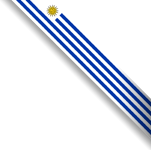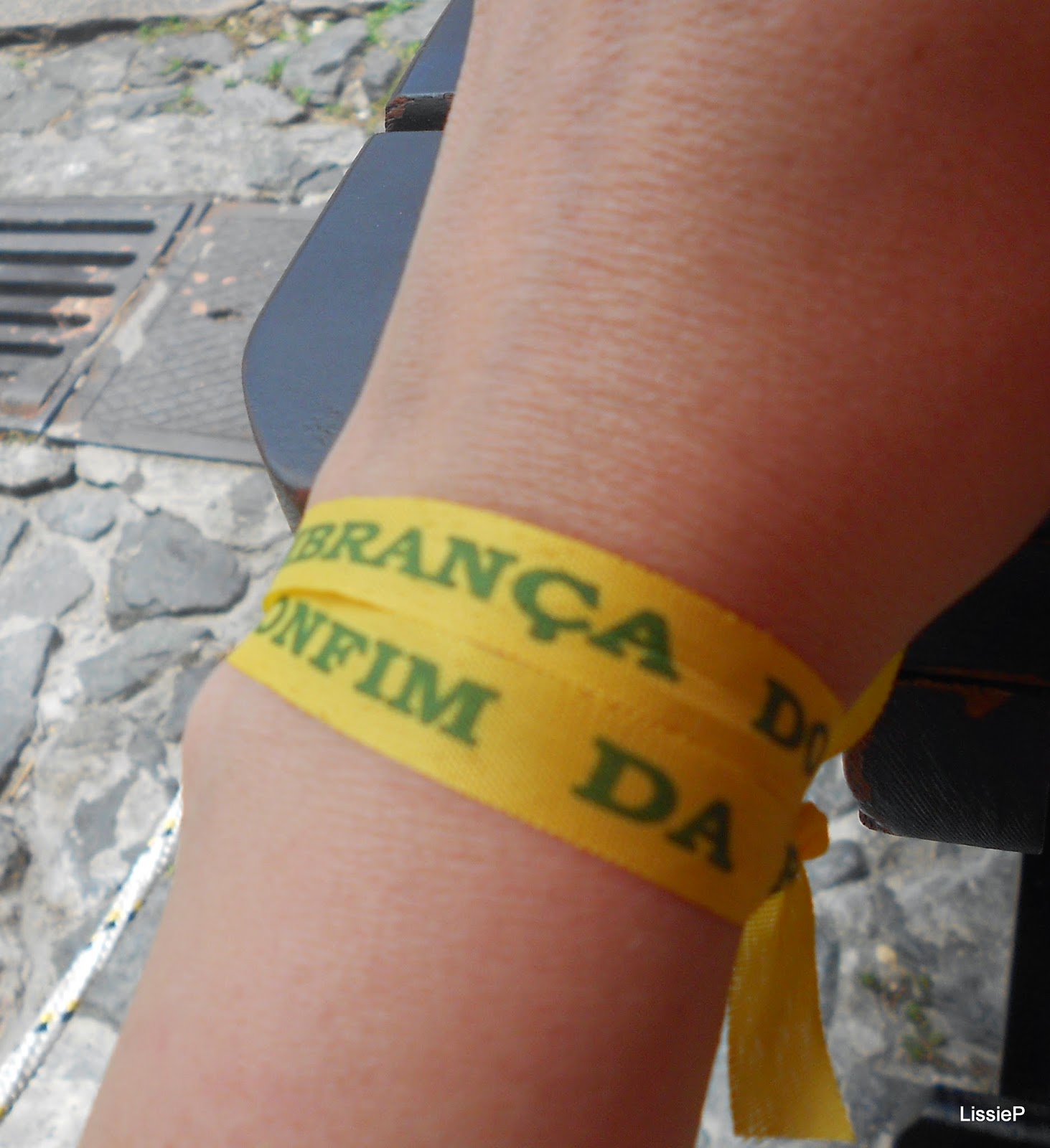The Pelourinho is the historical center of Salvador, capital of Bahia state, in Brazil.
Un lugar declarado Patrimonio de la Humanidad por la Unesco, de coloridos edificios coloniales, algunos museos y espléndidas iglesias.
A declared World Heritage by UNESCO, with colorful colonial buildings, some museums and splendid churches.
A declared World Heritage by UNESCO, with colorful colonial buildings, some museums and splendid churches.
Cuando uno deambula por sus angostas calles empedradas, alzando la vista para contemplar la arquitectura antigua, se da cuenta de que el Pêlo, como se lo llama comúnmente, no es sólo para turistas con sus tiendas de recuerdos y restaurantes. Centros culturales y escuelas de música, danza y capoeira ocupan estos edificios de color pastel de los siglos XVII y XVIII.
When we wanders on its narrow cobbled streets, looking up to see the old architecture, we realize that the Pêlo, as it is commonly called, is not only for tourists with souvenir shops and restaurants. Cultural centers and schools of music, dance and capoeira occupy these pastel-colored buildings of the XVII and XVIII.
When we wanders on its narrow cobbled streets, looking up to see the old architecture, we realize that the Pêlo, as it is commonly called, is not only for tourists with souvenir shops and restaurants. Cultural centers and schools of music, dance and capoeira occupy these pastel-colored buildings of the XVII and XVIII.
El nombre Pelourinho se traduce "picota" o "poste de flagelación" en español y era el palo donde se ataba a los esclavos en la vía pública para venderlos. El mismo se ubicaba en esta zona:
The name Pelourinho,means "pillory" in English and was a device made of a wooden or metal framework erected on a post where slaves were tied in the street to sell. It was located in this area:
La herencia africana se siente por todos los rincones de este pintoresco barrio, en su gente, cultura y religión.
The African heritage is felt in every corner of this picturesque neighborhood, in its people, culture and religion.
Un hecho poco conocido es que las iglesias están conectadas por una red de túneles subterráneos que van a dar al puerto. Supuestamente fueron construidos como medio defensivo, pero también pudieron haber sido aprovechados para actividades ilícitas.
An unknown fact is that churches are connected by a network of underground tunnels that run to the harbor. Supposedly were built as defensive midfielder, but could have been exploited for illegal activities too.
No todos los rincones del Pelourinho son transitables para turistas, hay que evitar algunos callejones y calles secundarias, de todos modos es fácil darse cuenta donde termina la zona "turística". Está fuertemente vigilado por la policía y no es peligroso, pero en la noche hay que evitar a toda costa algunas zonas de calles más oscuras. Por muchos años esta fue la zona roja de Salvador.
Not all corners of Pelourinho are good places for tourists, we must avoid some alleys and back streets, it's easy to see where the "tourist" area ends. It is heavily guarded by police and is not dangerous, but at night some areas of dark streets should be avoided at any costs. For many years this was the red zone of Salvador
Un símbolo muy importante de Salvador son las bahianas, esas mujeres, por lo general mayores, vestidas con hermosos vestidos de encajes. No todas las bahianas tienen la misma función y su traje cambia según su oficio, por lo general relacionado con el Candomblé, una de las religiones principales de Brasil de origen afro-descendiente.
A very important symbol of Salvador are the Bahianas (Bahian), these women, usually older, dressed in beautiful lace dresses. Not all have the same function bahianas and costume changes according to her jobs, usually related to Candomblé, a major religions in Brazil with afro-Brazilian origin.
En el Pelourinho hay Oficina de Información Turística, pequeñas tiendas de productos típicos (bastante caras), restaurantes de diferentes categorías, bares y pequeños hoteles.
In the Pelourinho there are Tourist Information Office, small shops of typical products (quite expensive) restaurants in different categories, bars and small hotels
Nada más al llegar el turista es acosado por vendedores ambulantes que usan un truco fácil y eficaz: te dan la bienvenida a su tierra ofreciéndote totalmente GRATIS una cinta tradicional de la buena suerte y un lindo colgante artesanal. Es prácticamente imposible recusar el regalo sin parecer rudo, es más, si lo haces ¡te harán notar sin miramientos lo ofensivo que estás siendo con su cultura! Por supuesto que después de aceptar los regalos deberás comprarles algo de lo que venden. La única manera de evitar el acoso diario es aceptarlo una vez y no quitárselo en todo el tiempo que dure nuestra visita a esta ciudad. Cuando se acercan no hay más que mostrarles que ya tienes el tuyo :) Se esfuman en un santiamén ;)
Nothing more to arrive the tourist is harassed by vendors who use an easy and effective trick: you are welcomed to their land offering you a FREE traditional ribbon of good luck and a cute handmade pendant. It is virtually impossible to challenge the gift without being rude, indeed, if you do this they will show you very clear that you're being ruthlessly attacking their culture! Of course after accepting the gifts you are forced to buy something of what they are selling. The only way to avoid the daily harassment is to accept once the gifts and never take it off throughout the duration of your visit to this city. When they come to you again you have to show them that you already have yours :) They vanish in a flash;)
El Carnaval de Pelourinho es el más tranquilo de todo Salvador (el cual divide su Carnaval en tres zonas) Para saber más click aquí.
The Carnival of Pelourinho is the quietest of all Salvador (which divides its Carnival into three zones) To learn more click here.
























































